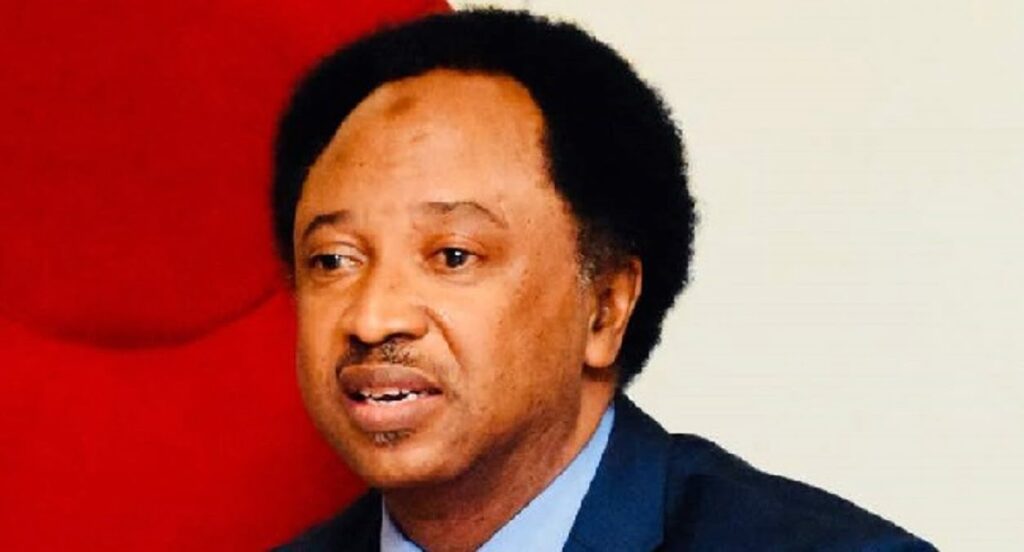Former Nigerian Senator Shehu Sani has made a statement about Nasir El-Rufai, the ex-governor of Kaduna State, claiming that he never fought for democracy. Sani’s comments were made during an appearance on TVC’s Politics Tonight, where he discussed El-Rufai’s background and his understanding of democracy.
According to Sani, El-Rufai was a relatively unknown figure before being appointed as the Director General of the Bureau of Public Enterprises in 1999. Sani also stated that El-Rufai has never been imprisoned or detained for his political beliefs, which he believes is a key aspect of fighting for democracy. In contrast, Sani highlighted his own experiences as a political prisoner, where he spent time in prison and wore prison uniforms, leg chains, and handcuffs while fighting for democracy in Nigeria.
Sani’s comments come after El-Rufai left office in 2023, and the former senator believes that El-Rufai has become “angry and frustrated” since then. Sani’s statement suggests that El-Rufai’s lack of experience as a democracy activist has limited his understanding of the concept. The former senator’s own experiences have given him a unique perspective on the struggles of fighting for democracy, which he believes is essential for truly understanding its value.
Nigeria’s democratic system has been in place for 25 years, and Sani’s comments highlight the importance of remembering the struggles of those who fought for it. The country has made significant progress in developing its democratic institutions, but there are still challenges to be addressed. Sani’s statement has sparked interest in the role of political leaders in promoting democracy and the importance of their personal experiences in shaping their understanding of the concept.
The discussion around El-Rufai’s background and Sani’s experiences serves as a reminder of the complexities of Nigeria’s political landscape. As the country continues to evolve and grow, it is essential to consider the perspectives of those who have played a role in shaping its democratic system. By examining the experiences of political leaders and activists, Nigerians can gain a deeper understanding of the challenges and opportunities that lie ahead for the country’s democratic development.
